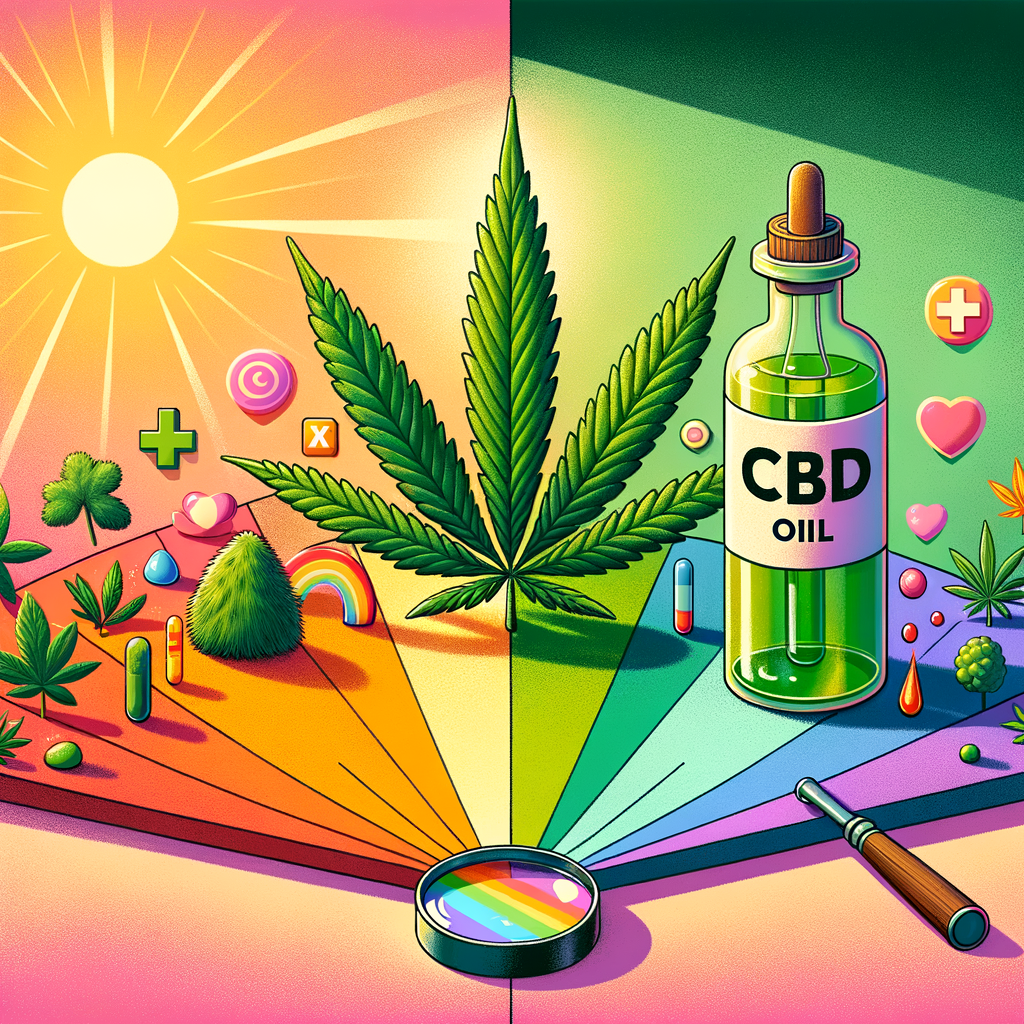Debunking the Myth of CBD as a “Cure-All” Substance
The use of cannabidiol (CBD) has surged in popularity over the past few years, positioning it as a trending natural remedy for various health issues. As more consumers turn to CBD products, the rhetoric around their efficacy has developed a fervent following. However, amidst the hype, one critical question arises: Is CBD truly a “cure-all”? In this blog post, we will explore this intriguing topic, shedding light on both the scientific evidence and the myths surrounding the use of CBD.
Understanding CBD
Before addressing the misconceptions surrounding it, it is essential to clarify what CBD is and how it functions:
- Chemical Composition: CBD is a phytocannabinoid derived from the Cannabis sativa plant. Unlike its more famous counterpart THC (tetrahydrocannabinol), CBD is non-psychoactive, meaning it does not produce a “high.”
- Mechanism of Action: CBD interacts with the body’s endocannabinoid system (ECS), which plays a pivotal role in regulating various physiological processes. By modulating the ECS, CBD may help to maintain homeostasis within the body.
The Promises and Claims of CBD
Various studies suggest potential benefits of CBD in treating conditions such as:
- Anxiety and Depression: Some research indicates that CBD may help alleviate anxiety symptoms by influencing receptor activity in the brain.
- Pain Management: CBD has been proposed as an analgesic, with studies showing it may reduce chronic pain and inflammation.
- Seizure Disorders: In the US the FDA has approved Epidiolex, a CBD-based medication, for treating certain types of epilepsy, highlighting its therapeutic potential.
- Sleep Disorders: Some users report improved sleep quality when utilizing CBD products.
Debunking the “Cure-All” Myth
Despite these promising findings, it is crucial to acknowledge that CBD is not a panacea. Let us break down the common misconceptions:
- Insufficient Research: Many claims about CBD’s efficacy lack comprehensive clinical research. While preliminary studies are promising, conclusive evidence demonstrating its effectiveness for various conditions is still limited.
- Individual Variability: The response to CBD varies from person to person, as factors like genetics, condition severity, and dosage play significant roles. What works for one individual may not work for another.
- Regulatory Concerns: The CBD market is largely unregulated, leading to inconsistencies in product quality and purity. This variability can impact the effectiveness of CBD products, making it challenging for consumers to find reliable options.
- Potential Side Effects: While generally considered safe, CBD can cause adverse reactions in some individuals, including fatigue, gastrointestinal issues, and interactions with medications.
Conclusion: The Path Forward
In conclusion, as the buzz surrounding CBD continues to grow, it is imperative to approach it with a discerning mindset. While CBD presents various potential health benefits, it should not be lauded as a “cure-all”. Consumers should remain informed and consult healthcare professionals before incorporating CBD into their wellness routines.
As the scientific community continues to investigate the full range of CBD’s capabilities, we must temper our expectations and recognize that while it holds promise, it is not a solution for every ailment. Informed decisions paired with medical guidance will always be the cornerstone of effective health management.
There you have it… See what works for you…
Campbell M Gold
To Create Health, Wealth, Success, and Longevity through the Power of Your Subconscious Mind, Visit: Campbell M Gold.com
Visit The Store and see what else can be of help


Leave a Reply